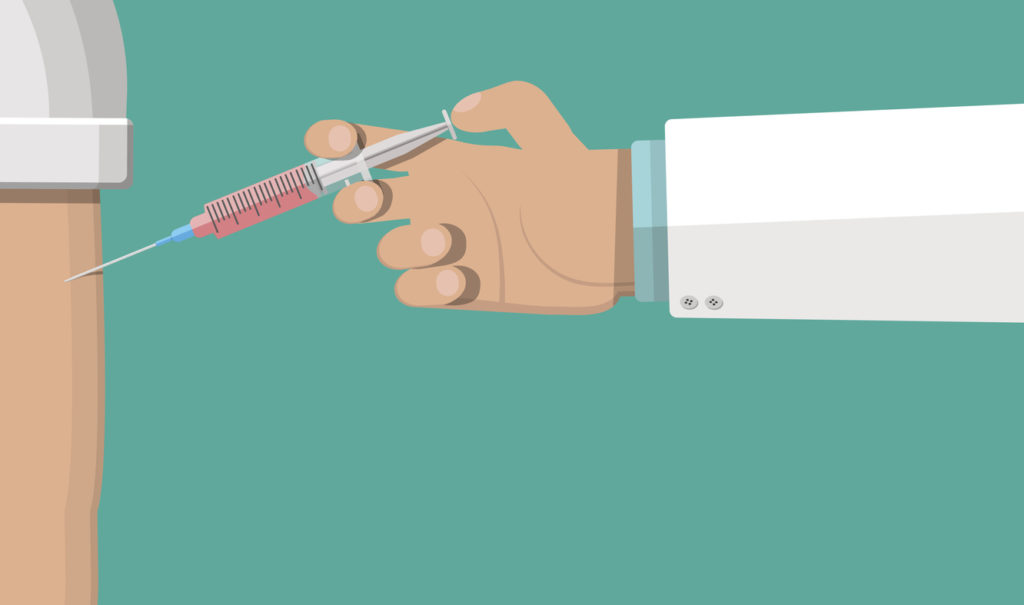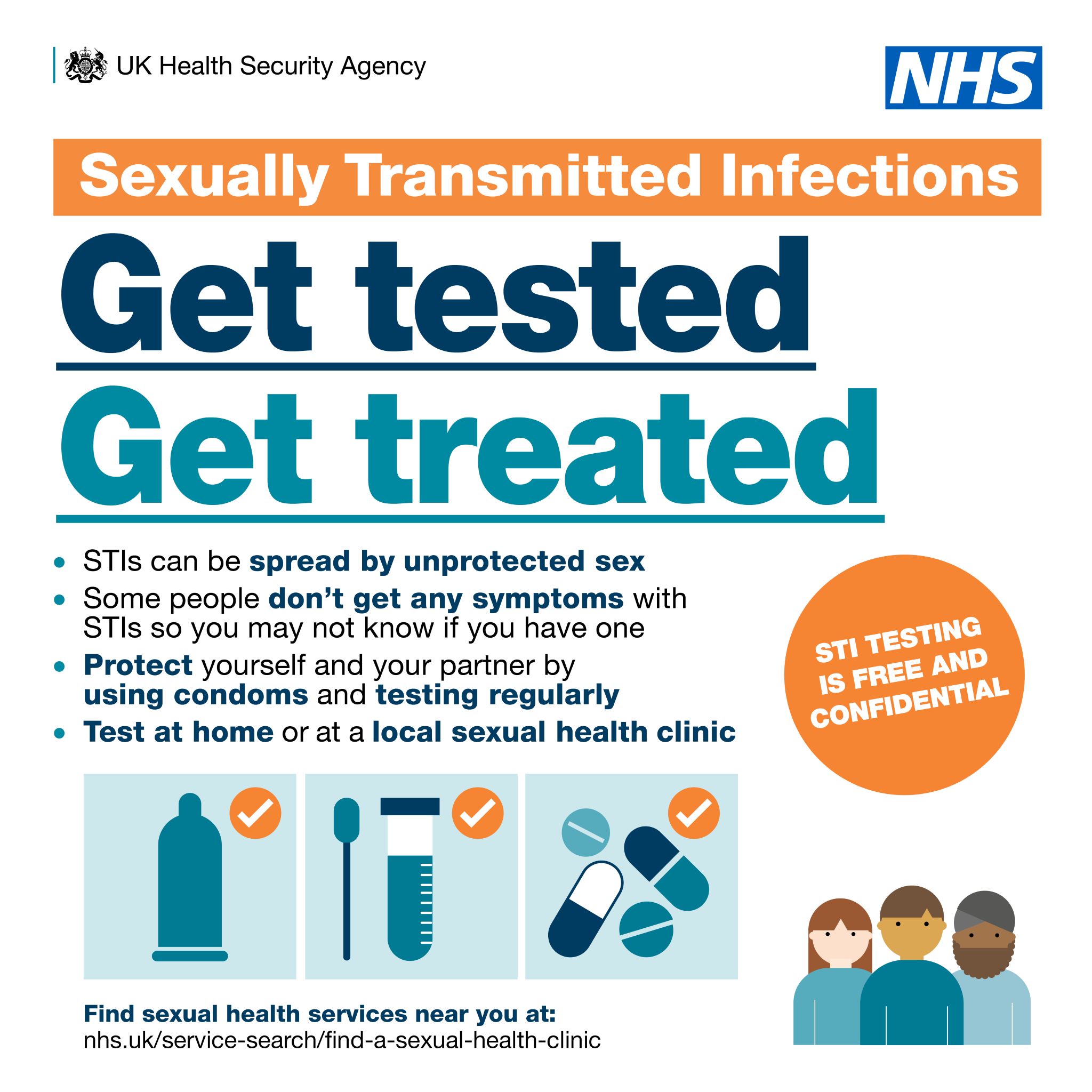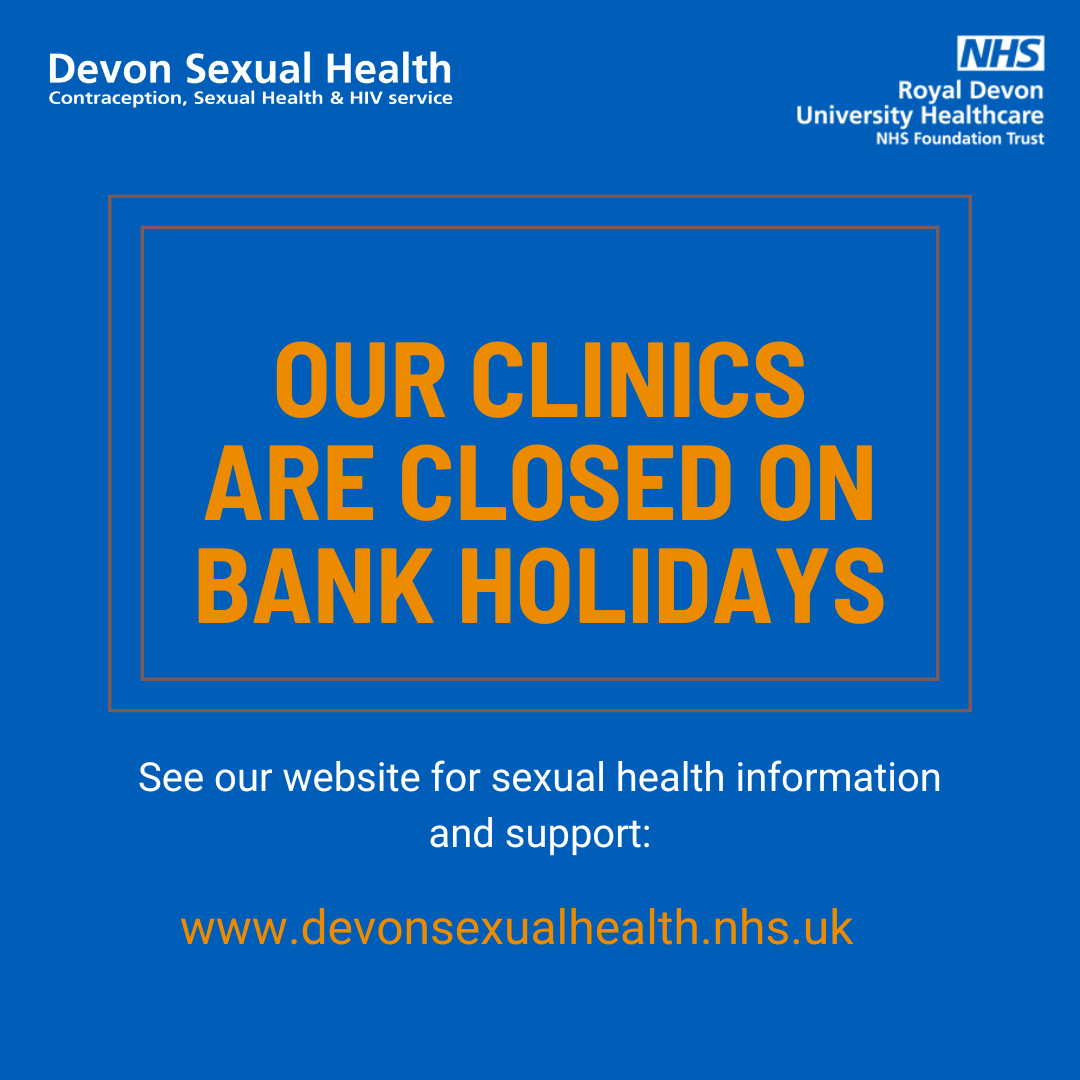Chlamydia Vaccine Progress – Fingers Crossed for the Future!
posted by: Jonathan Shaw
I saw this in the news the other day…
Yes. There was a spurt of media coverage this week into the success of a chlamydia vaccine trial. The NHS media feed, the Guardian, and the BBC were some of many outlets promoting the success. The full publication from the Lancet Infectious Diseases is available here.
So what was successful?
This was an early phase “first-in-human” clinical trial. It studied just 40 women aged 19-45 years. The trial was assessing whether some new vaccines could promote an immune response (antibodies) against chlamydia. This is how vaccines work. You trick the immune system into thinking you have the infection and the body responds. The theory is then that the body will remember how to respond, and find it easier to fight the infection next time.
Chlamydia – Problem solved right?
Unfortunately not. It is important to remember these early studies are to get some initial signals only. The first is to check that the vaccine is safe ie. doesn’t harm the women receiving them. The second is that the immune system actually responds to the vaccines and produces the antibodies.
The vaccine then needs to go on a longer journey, taking years. It needs to be tested in larger numbers of people to see if it remains safe, but most importantly to see if these antibodies actually reduce your chance of catching chlamydia. Just having the antibodies there doesn’t mean you are protected. This is important as we know that catching chlamydia once doesn’t protect you against being infected again in the future.
So what can I do at the moment about chlamydia?
We recommend starting with these key components of good sexual health:
- Regular and consistent condom use, especially with new partners
- Consider condoms also for oral sex – chlamydia can be passed on and caught by oral sex
- Regular STI testing – at least once a year or more often if you are changing partners
- Lear more about chlamydia – check out our previous blog
Testing is strongly recommended for anyone who has caught chlamydia, ideally 3 months after completing treatment. This is not because we are worried the treatment doesn’t work. It is because large numbers of people are infected again.
Do I have to attend the clinic to test for chlamydia?
If you are under 25 years of age you may be able to access the National Chlamydia Screening Programme. Read more about accessing testing here.

Trending Now
- Taking ‘the pill’. A different approach to make this method work best for you
- Does contraception affect fertility?
- The “male contraceptive”
- Does using contraception make you put on weight?
- Updated blood pressure readings if you are taking combined hormonal contraception
- Using a moon cup? Read this if you also have a coil in place..
- Does it hurt to have an IUC (coil) fitted?
- What are my options for terminating my pregnancy?
- Holiday romance? Advice, including where to get emergency contraception abroad.
- U=U (undetectable = untransmissable) and 90-90-90

Rise in HIV diagnoses steepest among heterosexual men and women
The latest HIV surveillance data for 2023, published by the UK Health Security Agency (UKHSA) today, show that the number […]

Mpox- what you need to know
The UK Health Security Agency (UKSHA) has released important information on mpox (formerly known as monkeypox) including an announcement that […]

Bank Holiday information
All Devon Sexual Health clinics will be closed on Monday 26 August for the Bank Holiday. When our clinics are […]

Syphilis is on the rise – how and why you should test.
Syphilis is on the rise – how and why you should test. A new report from the UK Health Security […]
